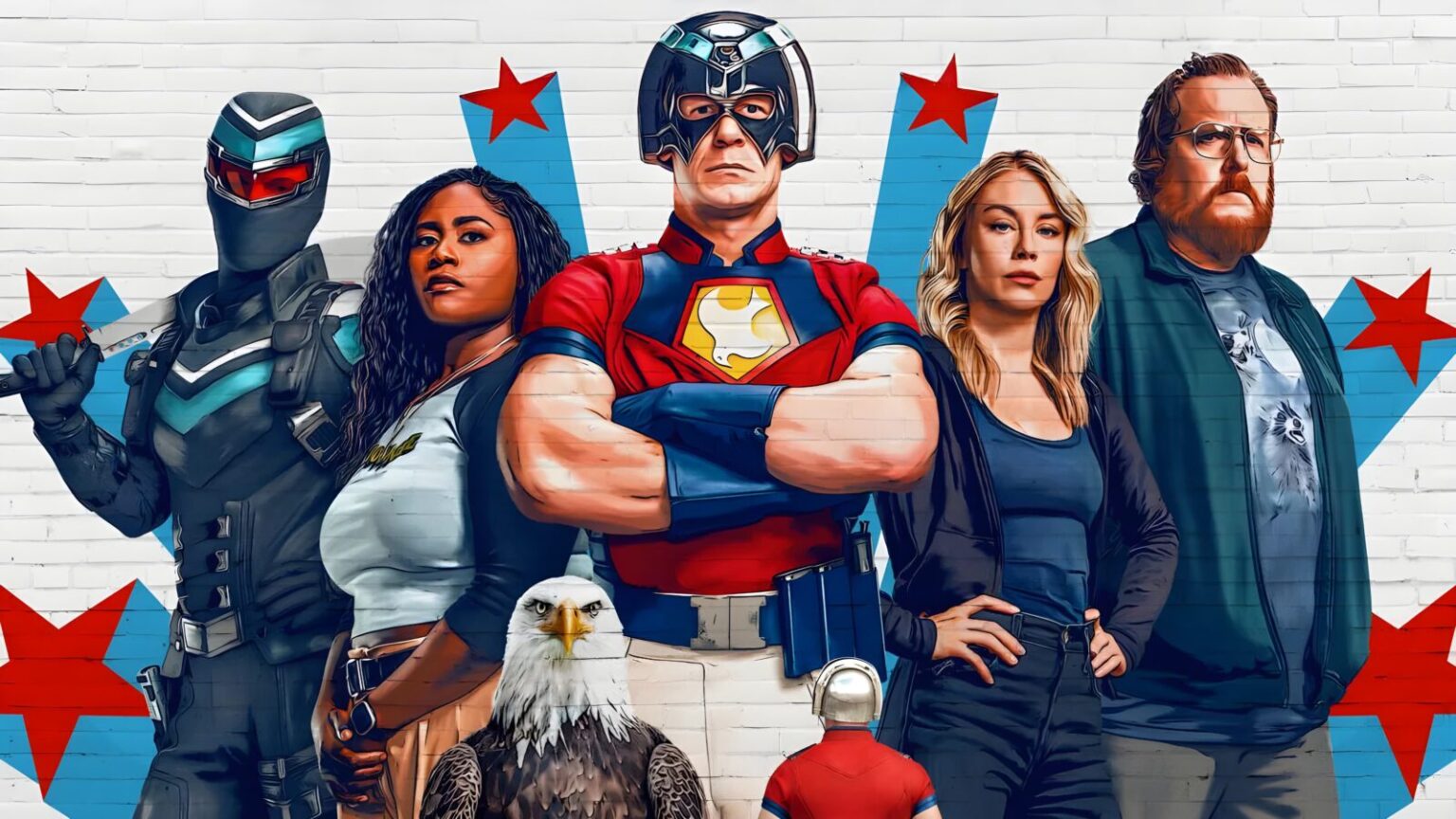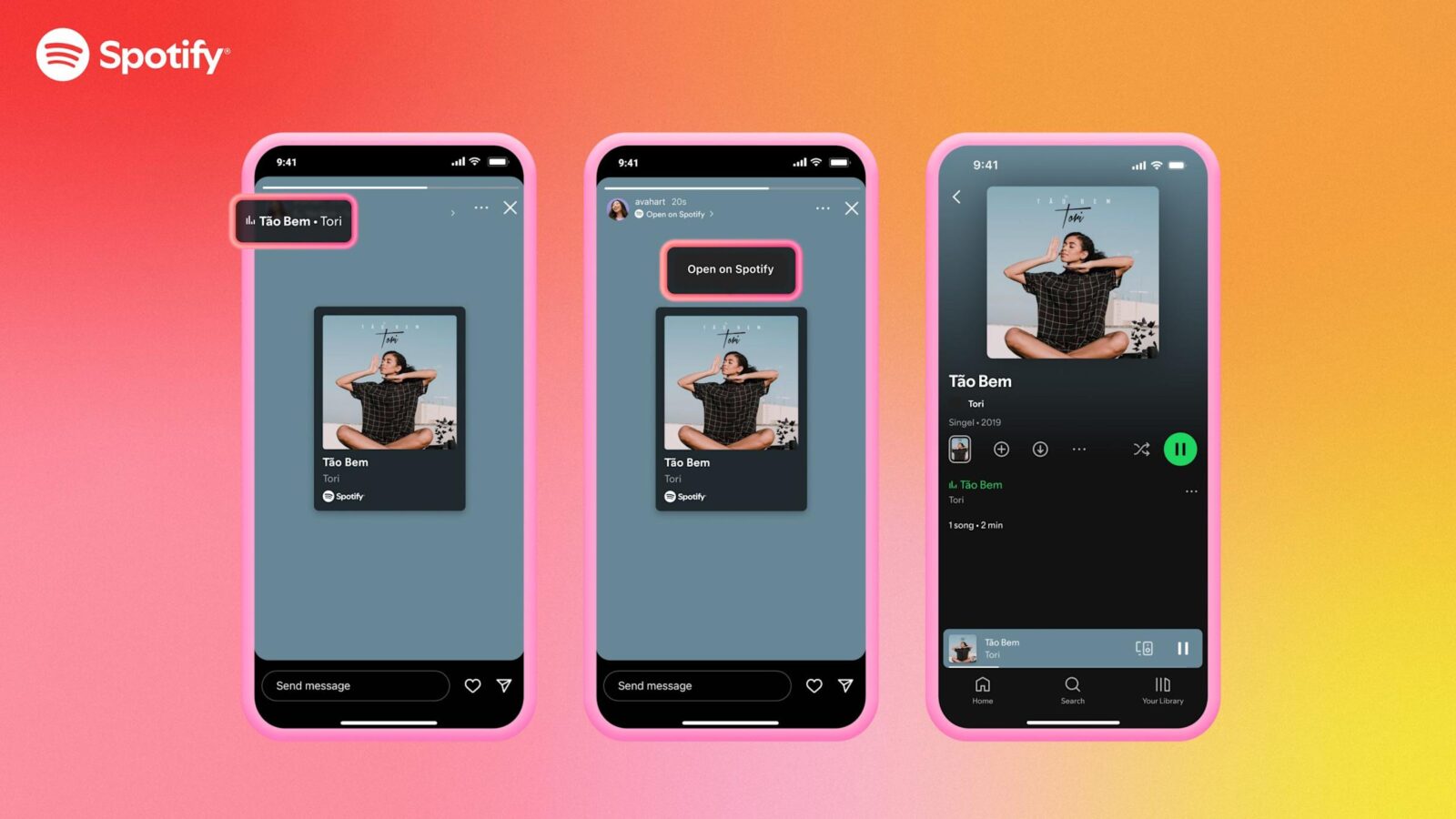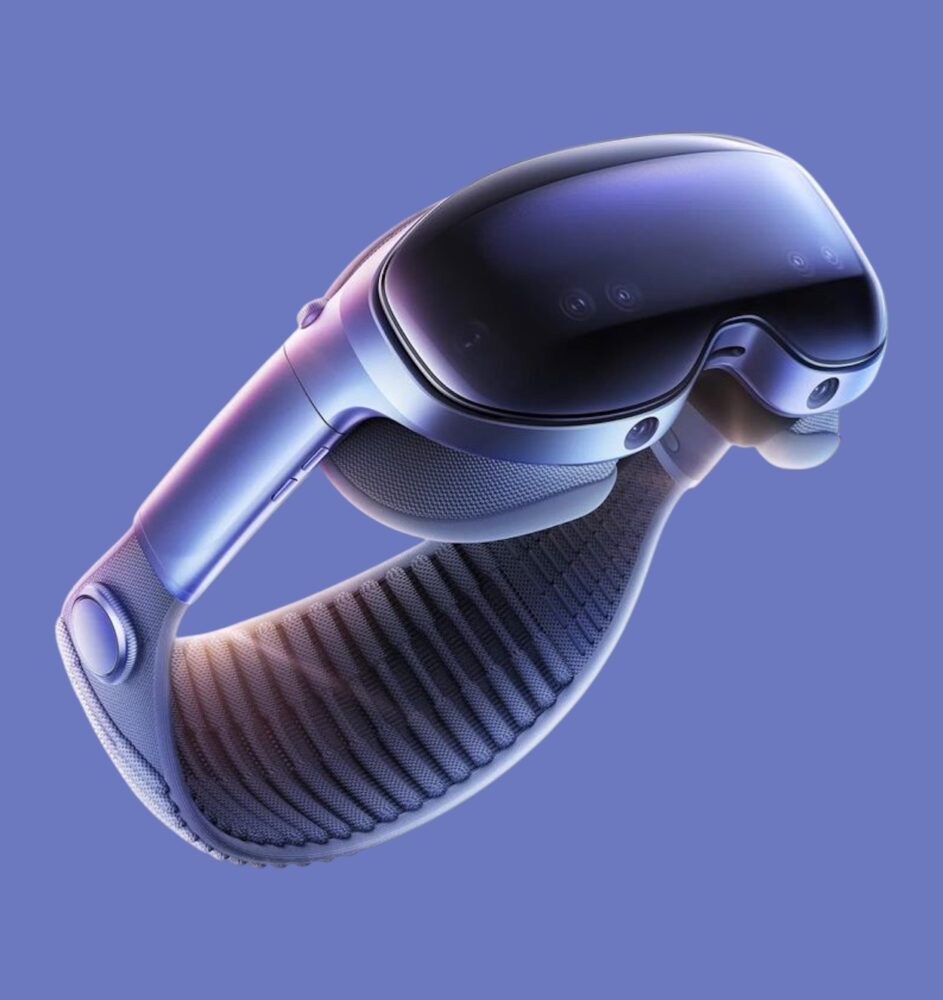TL;DR: Peacemaker Season 2 kicks off with multiverse mayhem, broken friendships, and a Chris-vs-Chris showdown that feels more like therapy than spectacle. It’s a slower start, but the emotional stakes are sky-high.
Peacemaker Season 2
The Long Wait for the Helmet to Shine Again
There’s a peculiar sensation that hits whenever you press play on a long-awaited season premiere. The kind that makes you double-check the episode title, ensure your snacks are within arm’s reach, and silently whisper to yourself, please don’t screw this up. With Peacemaker, that feeling carries extra weight. Season 1 wasn’t just good television; it was an outright miracle stitched together from James Gunn’s chaos-fueled imagination, John Cena’s surprisingly vulnerable biceps, and a supporting cast that looked like they’d been snatched from three different genres and told to improvise. Somehow, it worked.
Resetting the Board: Where We Left Off
So now, Season 2 arrives, forced to balance the paradox of continuity and change. It’s got to acknowledge the seismic shifts of the new DCU canon while also keeping intact the beating heart that made us care about this dumbass in a shiny toilet-bowl helmet. And the premiere episode, cheekily titled The Ties That Grind, comes in swinging with multiverse doors, broken friendships, ARGUS vendettas, and one very awkward job interview that cements Peacemaker as both a superhero and the world’s most self-loathing motivational speaker.
But let’s back up. Because if you’ve forgotten where we left off, it’s not your fault. The first season aired during that bizarre era where DC’s cinematic universe was collapsing under its own contradictions while James Gunn was quietly rewriting its DNA with fart jokes and father issues. Season 1 ended with Adebayo blowing up Amanda Waller’s whole cover, Harcourt limping through emotional minefields, Economos embracing his sad little existence, and Chris Smith—Peacemaker himself—finally admitting that maybe, just maybe, killing indiscriminately in the name of peace wasn’t the flex he thought it was.
The Multiverse as a Therapist’s Couch
Season 2 wastes no time detonating that fragile equilibrium. We open not on fireworks or a chaotic mission, but with Chris wandering into his dad’s creepy, physics-breaking storage unit. And here’s where Gunn pulls the first narrative rug: that storage area is basically a Costco for trauma. Inside, Chris stumbles upon a door into a multiverse where his dad is alive, his brother never died, and his family basically cosplays as the Waltons with spandex. It’s disorienting, it’s heartfelt, and it’s exactly the sort of cosmic cruelty you’d expect from a show that delights in making Chris face the ugliest corners of his psyche.
Now, I know what you’re thinking: Oh great, another superhero show doing multiverse shenanigans. And yeah, in lesser hands this would feel like a lazy retcon machine designed to shoehorn in cameos and justify future crossovers. But here’s the thing: Peacemaker weaponizes the multiverse not as a toy chest but as a therapist’s couch. Watching Chris sit at a dinner table with the alternate versions of his dad and brother isn’t just fan service; it’s him being force-fed the family he never got to have. It’s haunting, and Cena plays the moment with that familiar cocktail of macho awkwardness and little-boy grief that’s become his superpower.
Punching Himself in the Face (Literally)
Of course, Gunn isn’t about to let us marinate in tenderness for too long. Because in the same breath that Chris finds fleeting comfort, he also gets to fight… himself. Yes, alternate Chris shows up, assumes our Chris is some kind of shapeshifting villain, and tries to beat him into oblivion. It’s the kind of mirror-match nonsense that comics have dined out on for decades, but here it lands with brutal irony. When Chris kills his other self, it’s not just a brawl—it’s a metaphorical suicide, a violent rejection of the better version of himself he’ll never get to be. That’s the kind of punchline Peacemaker specializes in: laugh first, cry later, and then laugh again because Eagly probably just did something stupid in the background.
The 11th Street Kids Are Not Okay
And that’s just Chris’s corner of the story. The rest of the 11th Street Kids are scattered across the narrative like confetti at a funeral. Adebayo is jobless, spiraling, and watching her marriage collapse in slow motion. Harcourt is drowning under Waller’s blacklist, beaten to a pulp in a bar brawl that feels less like action choreography and more like self-harm. Economos, ironically, is the only one gainfully employed—but the cost is spying on his friends for ARGUS, which puts him in that classic bureaucratic purgatory where doing your job means betraying your soul. And Vigilante? He’s just… fine. Working at a restaurant, hanging with Chris and Economos, blissfully unaware that everyone else is emotionally imploding. Honestly, good for him.
This fractured setup is bold, but it comes at a price. One of the joys of Season 1 was watching this ragtag group slowly congeal into something resembling a family. Separating them now feels like a regression, especially since no scene in the premiere lets more than two of them share the screen. It’s narratively justified—they’re all licking their wounds—but as a viewer, it stings. You want them back in the same room, snarking at each other, awkwardly hugging, maybe blowing up an alien cow or two.
Rick Flag Sr. Has Entered the Chat
Meanwhile, ARGUS has leveled up its antagonism. Enter Rick Flag Sr. (played with granite intensity by Frank Grillo), who has both a professional excuse and a deeply personal vendetta to go after Peacemaker. His son’s death (remember Joel Kinnaman’s Rick Flag from The Suicide Squad?) hangs over the entire season like a guillotine. That means Chris isn’t just battling himself, or the multiverse, or his inner demons—he’s now on a collision course with a man who embodies the very consequences of his past actions. If that’s not a recipe for disaster, I don’t know what is.
Does the Premiere Stick the Landing?
So, does The Ties That Grind work as a premiere? Yes and no. On one hand, it’s narratively overstuffed, dragging its feet a little as it lays out new rules, introduces new faces, and reorients itself inside the DCU’s shifting continuity. On the other hand, it still has that secret sauce: messy humanity. The multiverse isn’t here to dazzle with cameos; it’s here to force Chris to sit with his guilt. The action isn’t about spectacle; it’s about consequences. And the jokes, bless them, remain as stupidly funny as ever. (Chris’s disastrous Justice Gang interview, where he thinks he’s nailing it while they’re openly insulting him, is peak cringe comedy.)
Peacemaker remains, above all else, a show about contradictions. It’s gleefully violent but heartbreakingly sincere. It’s a superhero story that hates superheroes almost as much as it loves them. It’s a reminder that sometimes, the biggest battles aren’t against aliens or government conspiracies, but against the parts of yourself you’d rather bury in a quantum storage unit.
Verdict
Peacemaker Season 2 opens with a slower, heavier premiere that swaps bombast for emotional excavation. It’s not the strongest start, but the show’s DNA—humor, heart, and unapologetic weirdness—remains intact. The multiverse setup risks cliché, but Gunn and Cena twist it into a brutal character study, reminding us that the real villain in Chris Smith’s life has always been himself. If the season delivers on its promises, we’re in for something chaotic, heartbreaking, and utterly worth the wait.






